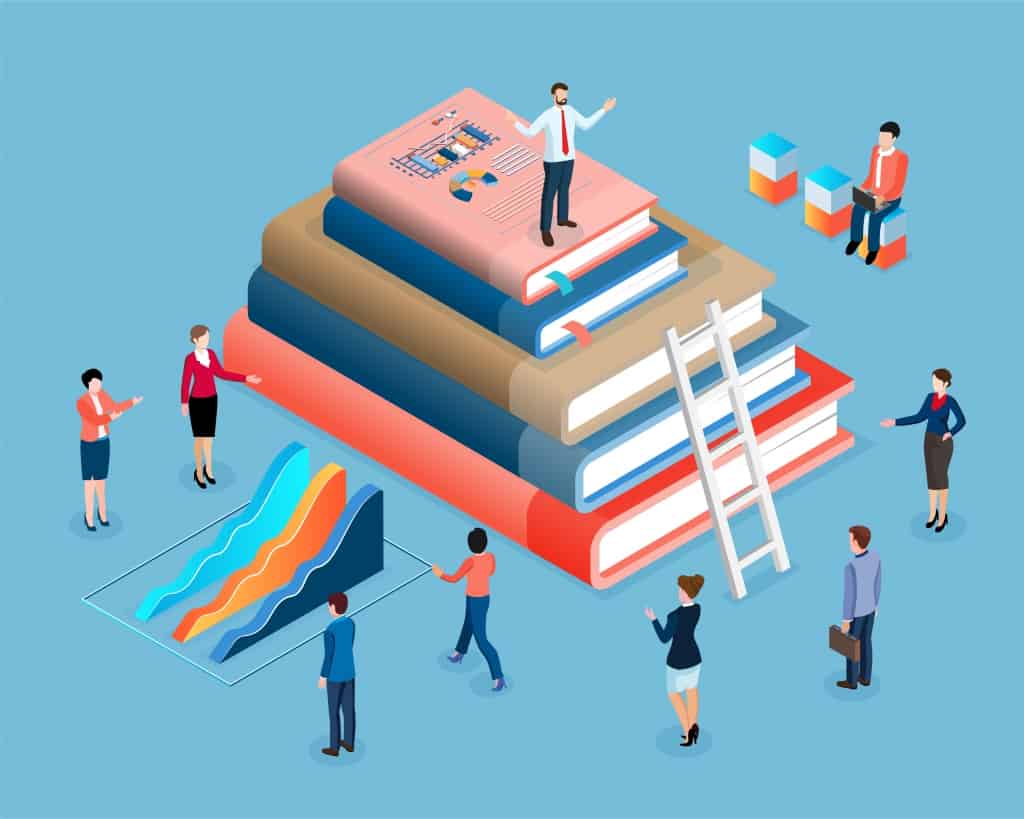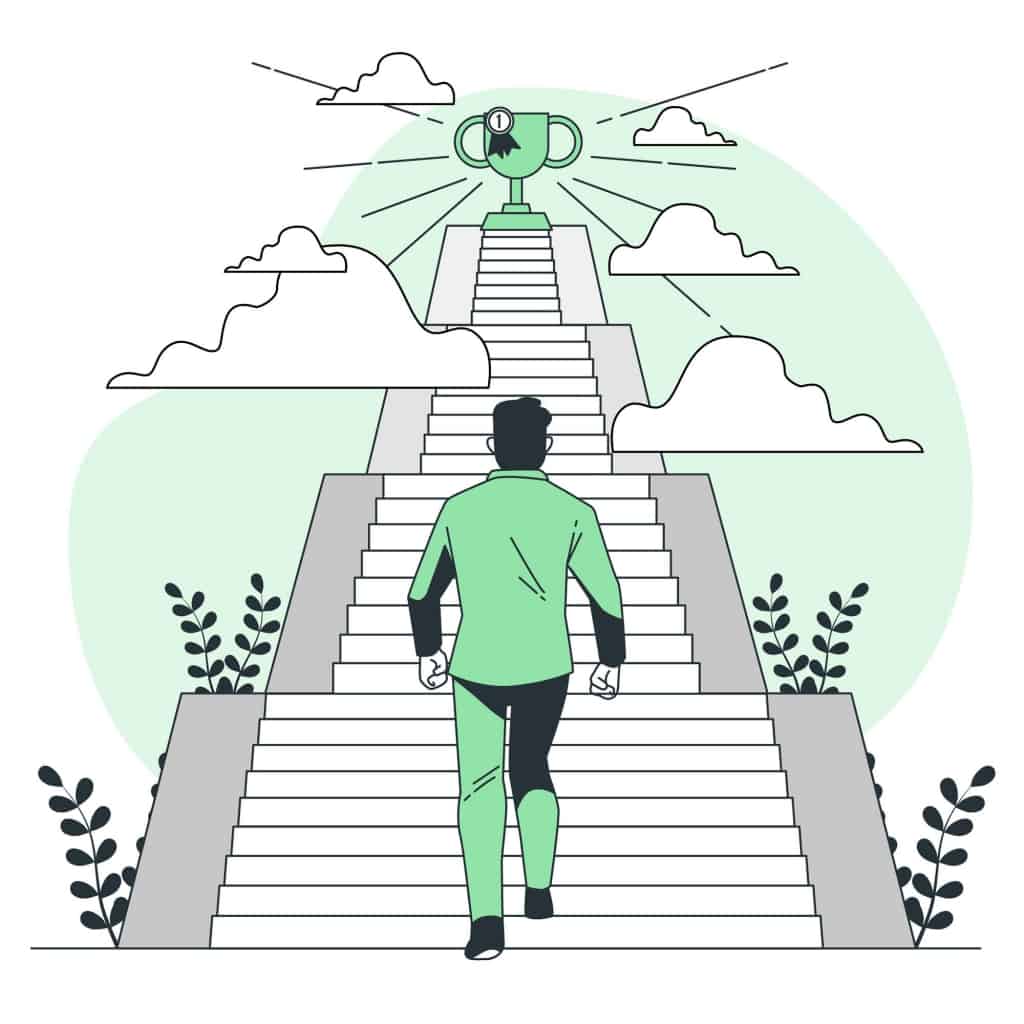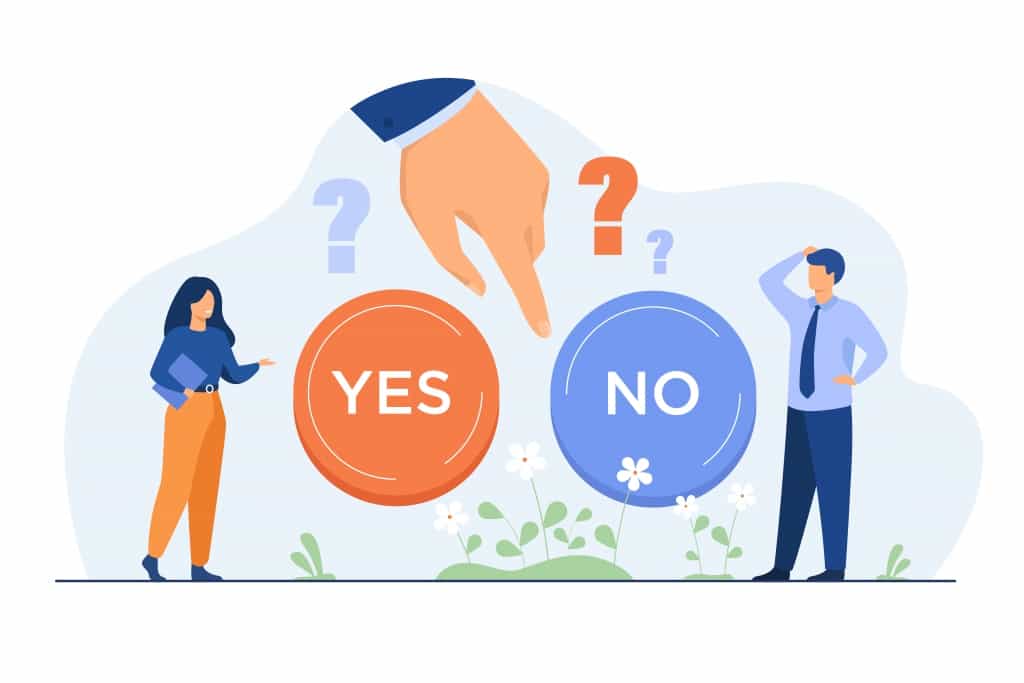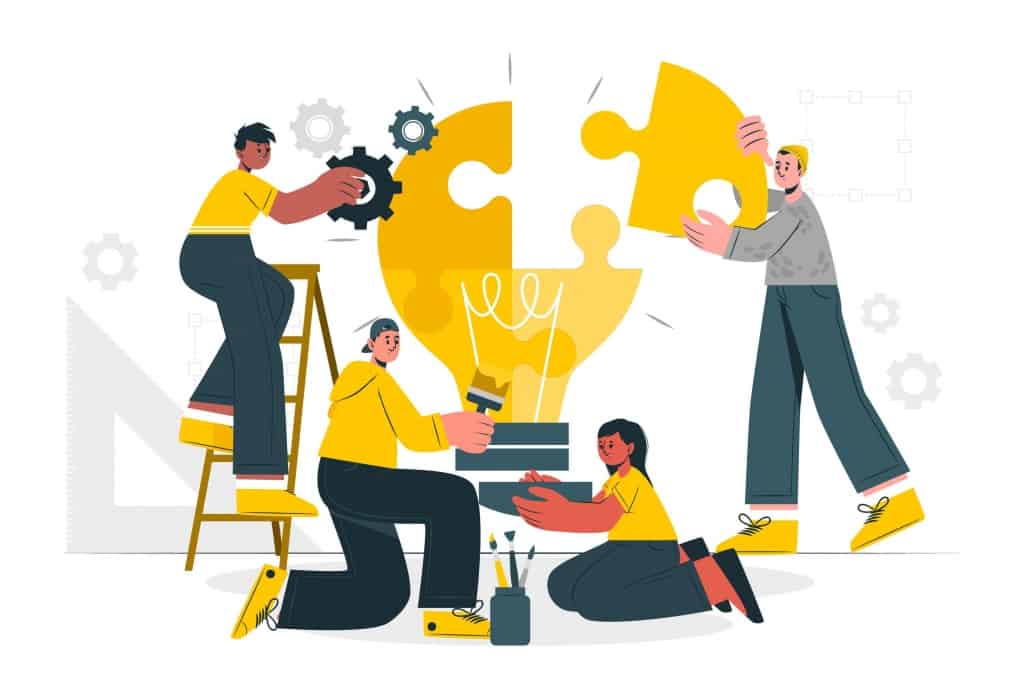Looking for examples of good leadership or a list of skills for a good leader? Or examples of leadership qualities? Good leadership skills are the outstanding characteristics of talented managers like Steve Jobs, Jack Ma, and Elon Musk, who bring incredible benefits to their businesses, society, and the world economy. So what exactly is leadership? What are the qualities of leadership skills?
Table of Contents
AhaSlides will help you define:
Overview
| Best leader in the world? | Winston Churchill, Angela Merkel and Alexander |
| Who is the most powerful Catholicism leader in the world? | John Paul II, Pope (1978–2005) |
| Who is the most powerful Buddhist leader in the world? | Dalai Lama |
| Who is the most powerful economic leader in the world? | USA |
Looking for a tool to engage your team?
Gather your team members by a fun quiz on AhaSlides. Sign up to take free quiz from AhaSlides template library!
🚀 Grab Free Quiz☁️
What is Leadership?
Leadership is often confused with management skills, but this is not the case. Good management is an essential part of leadership. However, the main task of leadership is still leading people and needs some elements as follows:
- Have social influence without using power or laws
- Make others self-directed with their work without them having to “report directly”
- No need to have a title or be bound to any leadership method
- Have the ability to bond team members, “maximize” team effort

In short, Leadership Skill Definition – What is Leadership? Leadership is a process of social influence that maximises a team’s efforts to achieve a set goal. It is the art of motivating a group of people to act together towards a common goal.
Is a Great Leader Born or Made?
According to Trait Theory, some people inherit qualities suitable for leadership. Like some people have a special gift for music or sports from birth. They naturally stand out in that area, while others have to work hard. As a result, many people are “born leaders” with innate traits.
However, Behavioral Theory believes that good leadership skills can be formed through learning and observation, with training, awareness, practice, and experience over time.
A great leader knows his/her abilities, strengths, and weaknesses, which helps them learn many new skills, improve their great leadership skills and seize opportunities for personal development.

Certain innate qualities are necessary for a leader. But other great leadership qualities can only develop through experience and practice.
So, strong leadership qualities can only be brought into full play when they are trained and perfected through education, training, and experience.
Examples of Good Leadership Skills
As mentioned above, despite being gifted, you need to master the skills that make a good leader.
What are good leadership skills?
Leaders must have lots of good skills for leadership, including Strategic Mindset, Decision-making, Problem-solving, Planning, Management, Building Trust, Inspiring and Motivating, Effective Delegation, Teaching and Mentoring.
What is good leadership skills? Some effective leadership skills examples:
Good Leadership Skills – Communication Skills
A good leader with communication skills will communicate well with a lot of people with different personalities and various ways of working.
They can improvise with each person to reach a consensus, stress-free, and fun. Moreover, they must know how to convey information clearly and understandably so that subordinates fully understand the important goals and tasks.
Good Leadership Skills – Strategic Mindset
A good leader is a strategic thinker. That is the key to their success in careers and life, and contribute to a great leader image.
With logical thinking, leaders can deeply analyze and make effective plans, overcome competitors, and achieve organizational and business goals.
Good Leadership Skills – Decision-making Skills
The decision-making of the leader greatly affects the collective, the business. Especially in the business environment, market volatility and objective factors are something that no one can predict.
Therefore, leaders must recognize and analyze the situation, recognize risks and make the most timely and wise decisions.

Good Leadership Skills – Problem-solving Skills
This skill determines the success of teamwork or a working group.
Because in the process of working together, there will always be problems that lead to members disagreeing. The leaders at this time will need to solve the problem skillfully and find the most optimal solutions for the whole team.
Good Leadership Skills – Planning Skills
Planning is also a skill for leaders to map out directions, define goals and assign specific tasks to employees and subordinates.
A good leader will make a detailed, long-term plan, have a reasonable assignment, and solve the common problem that the company or organization is facing.
Good Leadership Skills – Management Skills
A collective or company consists of many people working and living together. Each has its own personality, point of view, and strengths.
Therefore, leaders need to grasp the factors of each person to know how to use and encourage individuals to bring out their full potential at work as team bonding activities.
At the same time, through that, the leader can also resolve the conflicts that occur between members in the most reasonable and fastest way.
Good Leadership Skills – Building Trust Skills
It is not possible to be a successful leader alone. It is a process that requires support and trust from everyone in a collective.
To create that trust, leaders must always show their prestige and ability and take the lead in every job and task.
Good Leadership Skills – Inspiring and Motivating Skills
Great leaders not only take care of themself but also take care of their teammates and subordinates.
In difficult times, people are discouraged, the leaders must be firm, transmit positive energy, and direct people to future results to motivate them to continue working.

Good Leadership Skills – Effective Delegation Skills
A good leader will not only delegate tasks from the top and keep a close eye on his teammates. But also to find the right people, assign the right jobs, give the trust to employees and be ready to help when they are in trouble.
(They can skillfully practice management skills, handling work for employees through team building activities)
Good Leadership Skills – Teaching and Mentoring Skills
One of the leadership skills that distinguish leadership from many others is the ability to teach and mentor.
A good leader is someone with a high level of expertise and skills, a teacher, and a forerunner in the field. They have the experience to lead their teammates to work effectively.
They always give advice, guide others to get things done, or help them overcome temporary difficulties.
(Some ways to mentor employees are through brainstorming sessions and QnA sessions)
5 Qualities of a Leader
What are the 5 qualities of a good leader?
5 qualities of a leader are Self-Awareness, Ethical Self-Preservation, Emotionally Intelligent, Develop the potential of others, Responsibility and Dependability.
Instead of the top 3 qualities of a leader, genuine leaders regularly practice key behaviours that reinforce the positive impact of the best qualities of leadership skills.
Self-Awareness – Skills of a great leader
One of the top leadership qualities is self-awareness for self-development.
When a person knows themselves well, they are more adaptable, resilient, and more receptive to feedback from others.
Some ways to improve Self-Awareness:
- Take responsibility for not meeting stated goals or making mistakes in the process.
- Conduct a self-assessment and seek feedback from your team, and set improvement goals with measurable goals
- Set boundaries and respect the boundaries between your personal and professional lives and those of your colleagues.
For example, if your co-workers see you working through the night, they’ll be pressured to think they have to do the same. So don’t let the whole team be influenced by your working style.

Ethical Self-Preservation
Ethical self-preservation is one of great leader skills. Strong leaders consider the ethical and profitable consequences of the decisions they make — for both their customers and their teams.
How to Be Aware of Ethical Practice:
- Put the benefits of your entire organization and the community at large above individual concerns.
- Be open, transparent, and honest with every decision, action, and mistake you to make.
- Use your power and authority rationally, and persuasively.
Emotionally Intelligent – Strong Qualities of a Leader
Emotionally intelligent leaders are cognitively and emotionally empathetic.
They are sensitive to the emotional circuitry of a group, take an empathetic perspective, pay attention to the human side of the business, and show genuine care.
- Become curious about people you don’t know. This curiosity helps you empathize because it exposes us to different worldviews, lifestyles, and people we don’t normally meet.
- Focus on similarities rather than differences. The bias of difference keeps us from understanding the unique personality and qualities of others.
- Putting yourself in someone’s shoes and immersing yourself in other people’s lives and experiences is a great way to increase your empathy.
Develop the potential of others – Outstanding leadership qualities
A good leader can see the potential of each member of his team. From there, assign them the right tasks and the right positions to help them develop that potential to the fullest.

These actions will help you demonstrate leadership skills by developing others in the organization:
- Recruit and create a team with diverse skills and backgrounds
- Give team members the tools and space to build mutual trust
- Actively seek out people who will make your team more robust, even if their expertise doesn’t quite match your needs.
- Prioritize training in your organization and balance it with a culture that allows team members to thrive.
- Learn to delegate responsibility to the whole team
Responsibility & Dependability
Being a responsible and dependable leader means people can trust and rely on you. You will have confidence, optimism, and consistency, making the whole team believe in your decisions.
A great leader who sticks to plans and keeps promises. Strong relationships built by a trusted leader create a resilient team that can overcome possible difficulties.
Check out: Qualities of a Good Leader
Final Thoughts
Building a leadership skill set is a long, challenging journey with small steps to improve many leader’s skills and qualities, so don’t get too stressed or impatient. It is important to develop this well; you should put people at the centre to empathize and communicate with each other better.
Let’s create a positive working environment for employees by motivating them with a live presentation!
Frequently Asked Questions
Got a question? We've got answers.





